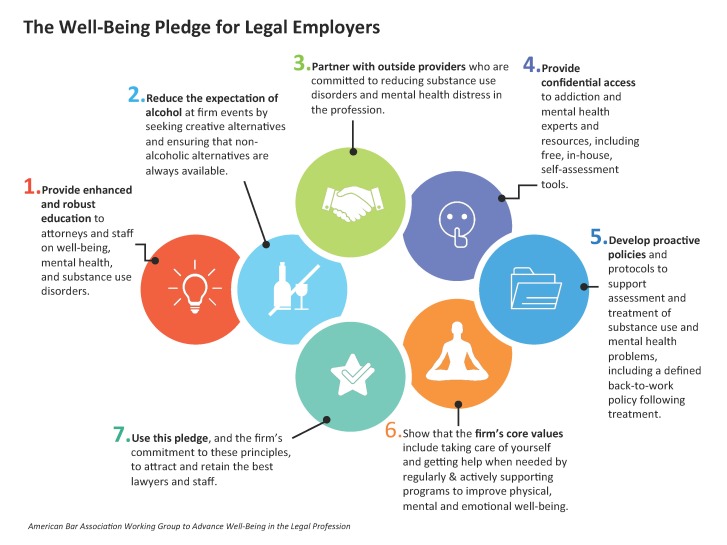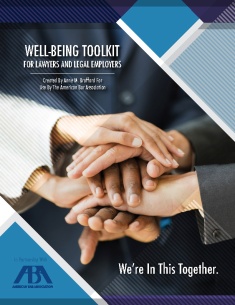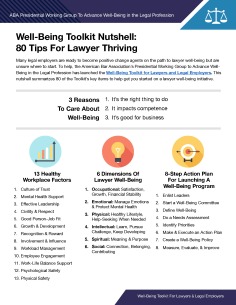“The Path to Law Student Well-Being” is a podcast series sponsored by the ABA Commission on Lawyer Assistance Programs and Section of Legal Education and Admissions to the Bar. The series is a response to the call for action in the 2017 Report, The Path to Lawyer Well-Being: Practical Recommendations for Positive Change, which sets out action items for the legal community, including specific steps law schools can take, to shift the culture of the legal profession towards one that is focused on well-being.
The inaugural 2-part episode was released in conjuntion with Law School Mental Health Day on March 28, 2018. Since then, the ABA Law Student Division has moved Mental Health Day to October 10 (TODAY!) In recognition, a new epsiode in the series is now available.
 The Path to Law Student Well-Being – Ep. 2: Character and Fitness and the Evaluation Process
The Path to Law Student Well-Being – Ep. 2: Character and Fitness and the Evaluation Process
Episode 2 features a short conversation about character and fitness evaluations in the bar admission process as it pertains to mental health issues and substance use disorders. Guests are Janet Stearns, Dean of Students at the University of Miami School of Law, Robert Albury, Executive Director of the West Virginia Judicial & Lawyer Assistance Program, and host Chase Anderson, Case Manager with Minnesota Lawyers Concerned for Lawyers.
Access the entire “The Path to Law Student Well-Being” podcast series here.
Don’t forget, today is National Law School Mental Health Day! Share what you are doing to improve the well-being of law students over Twitter with #LawStudentWellness!




